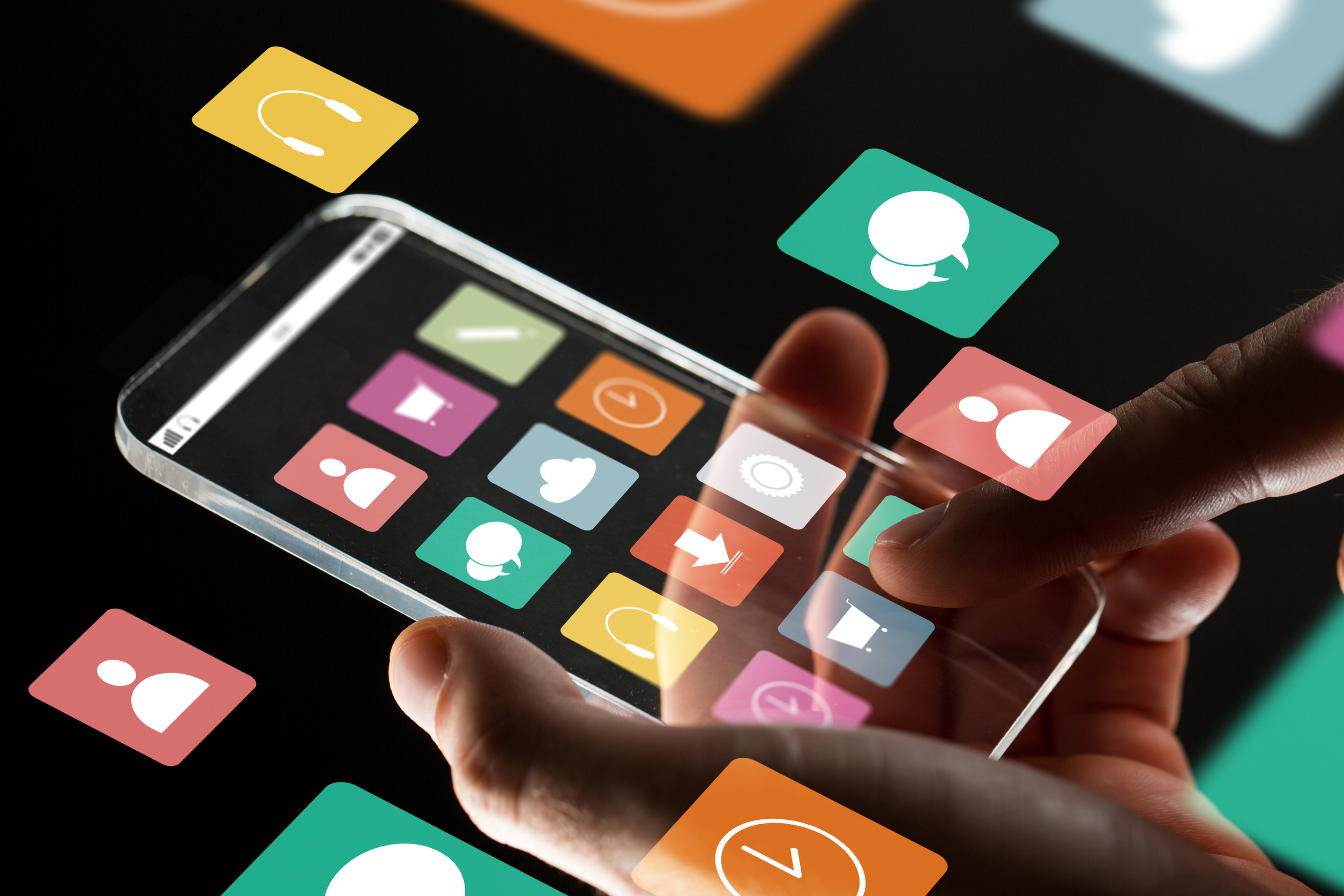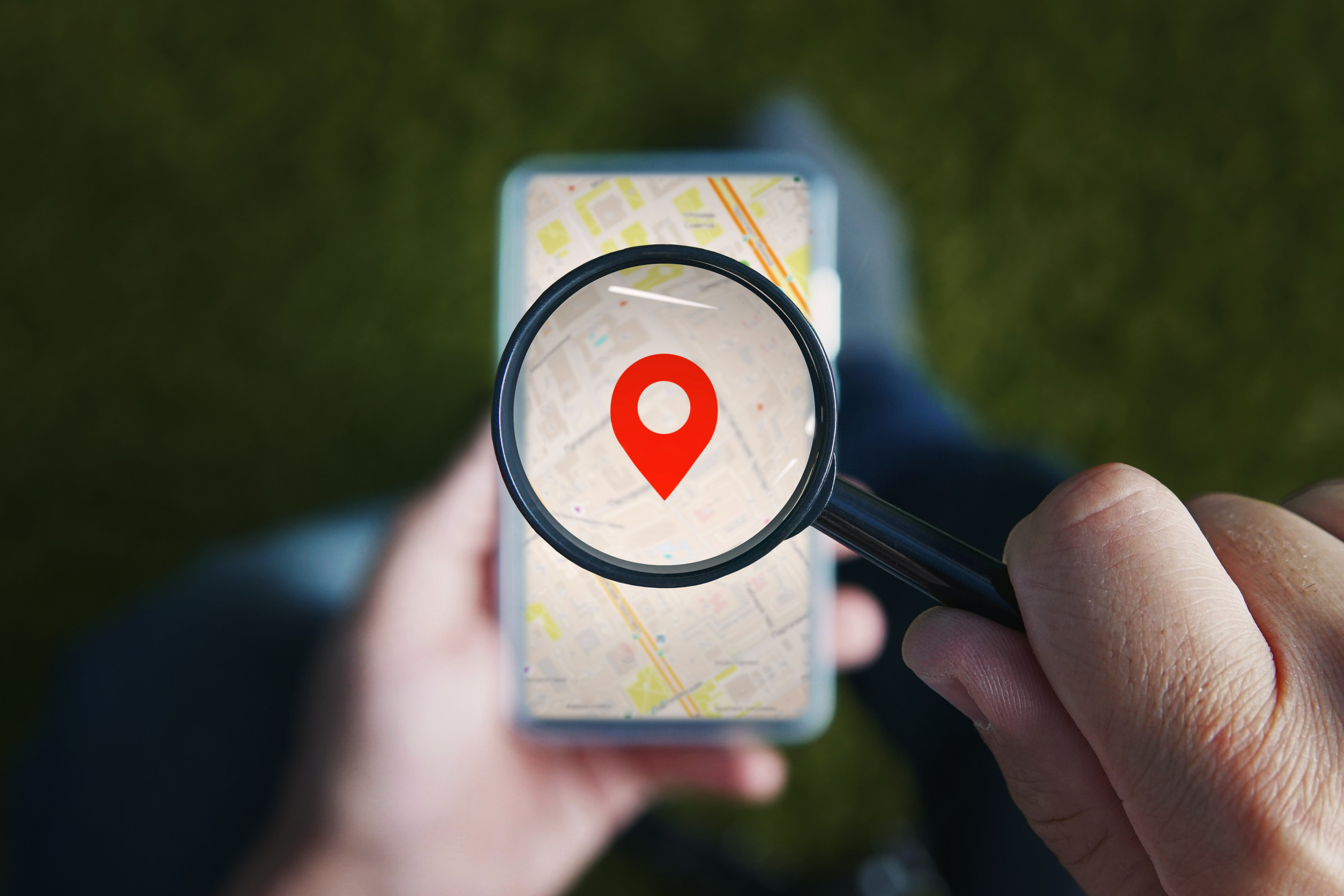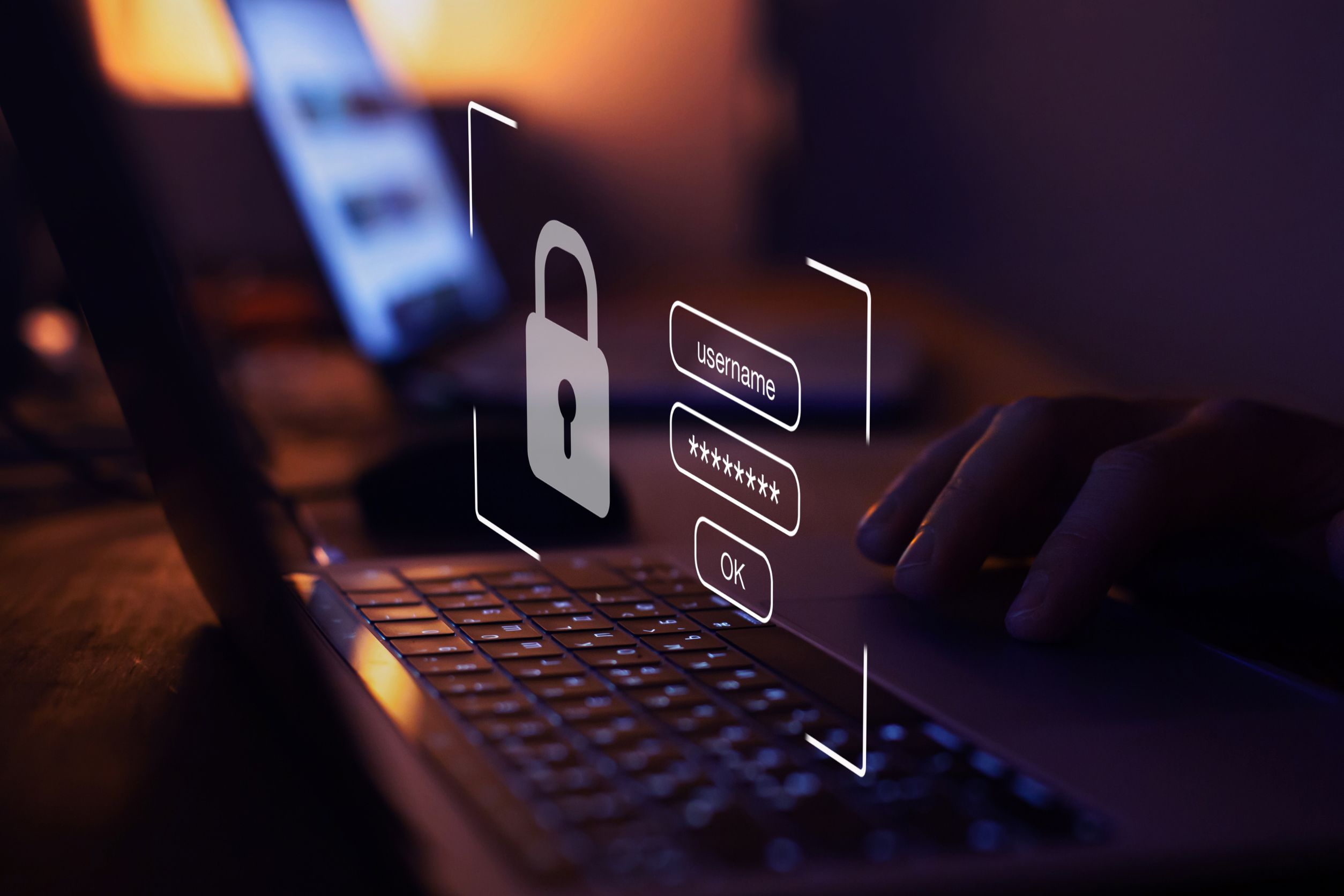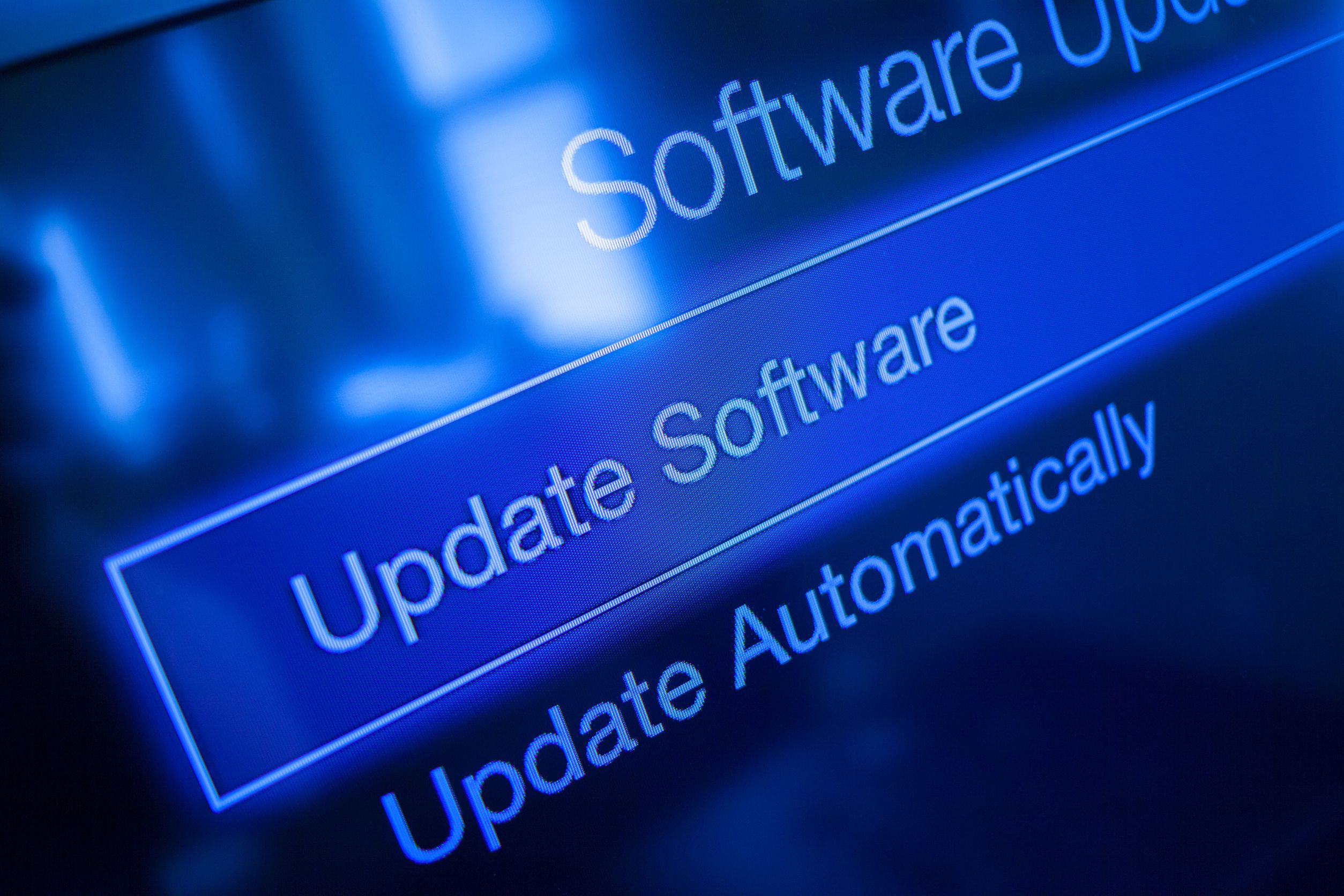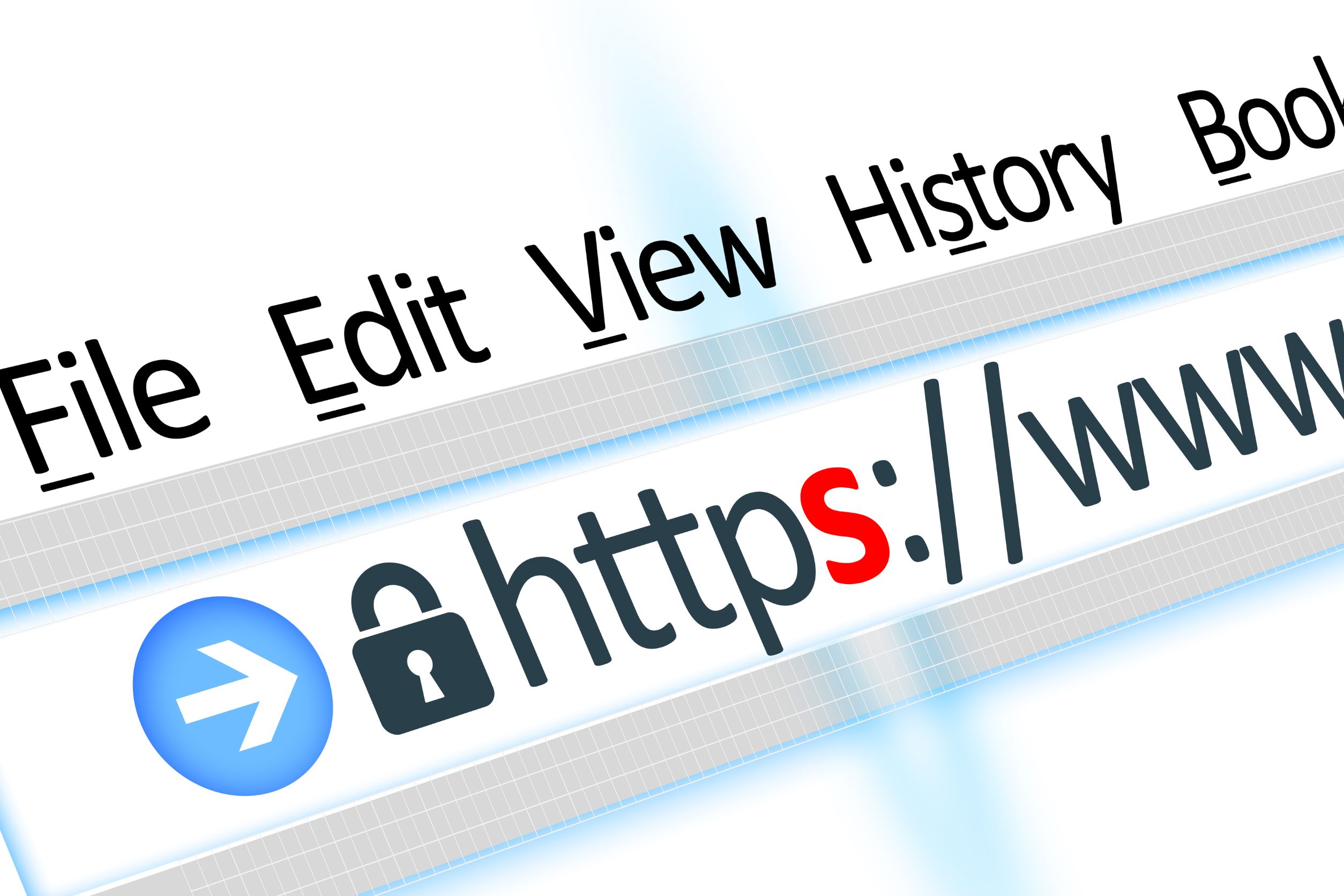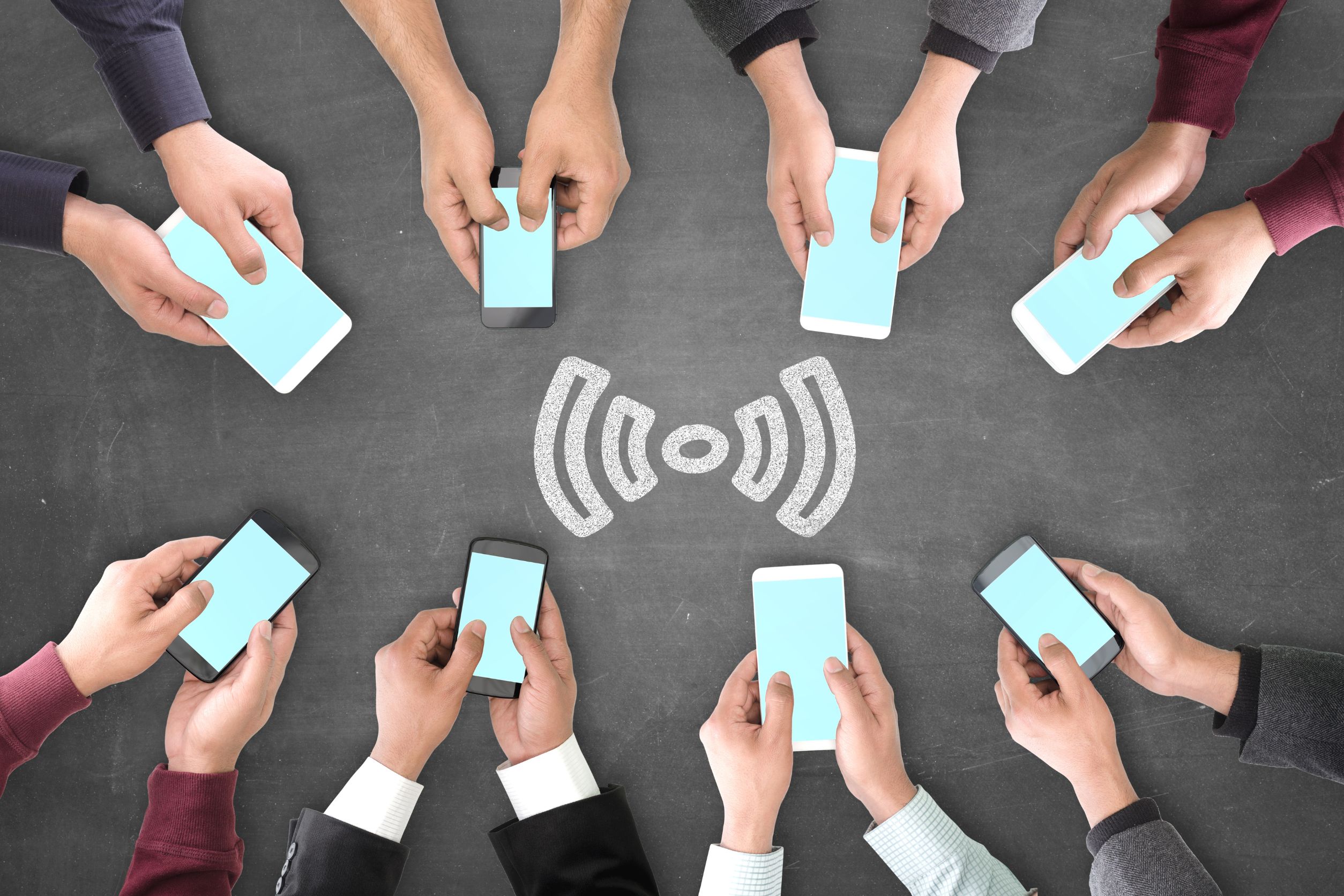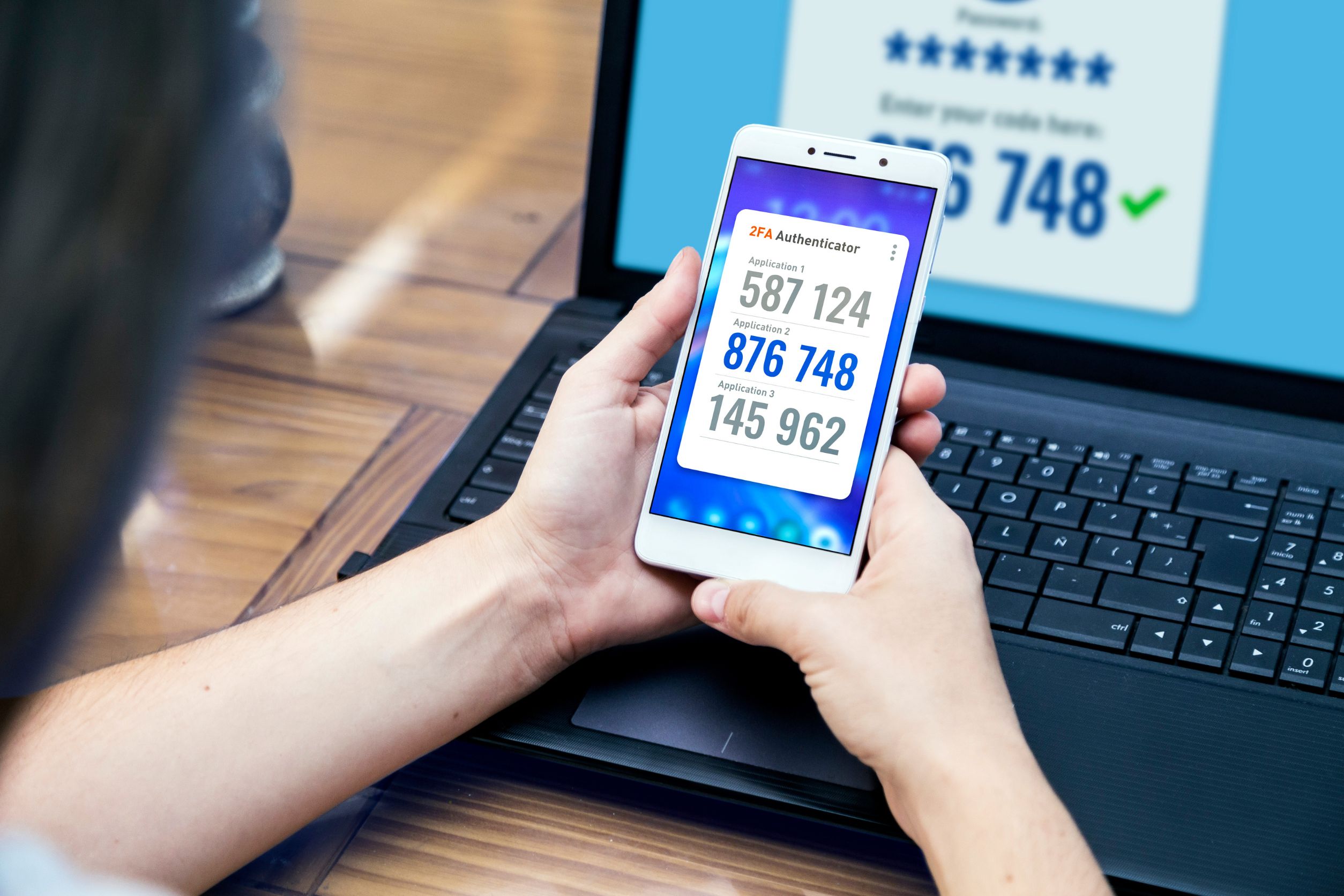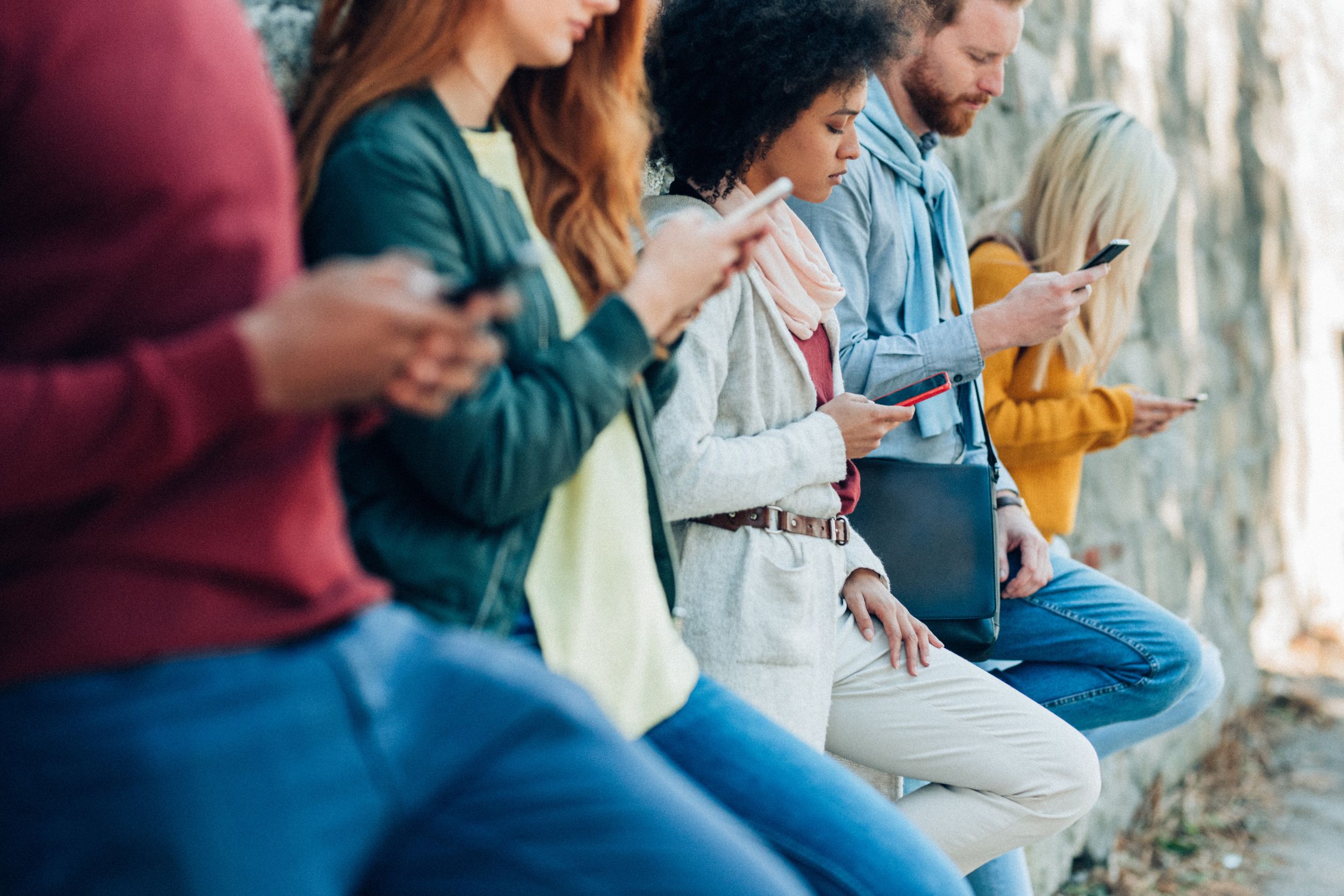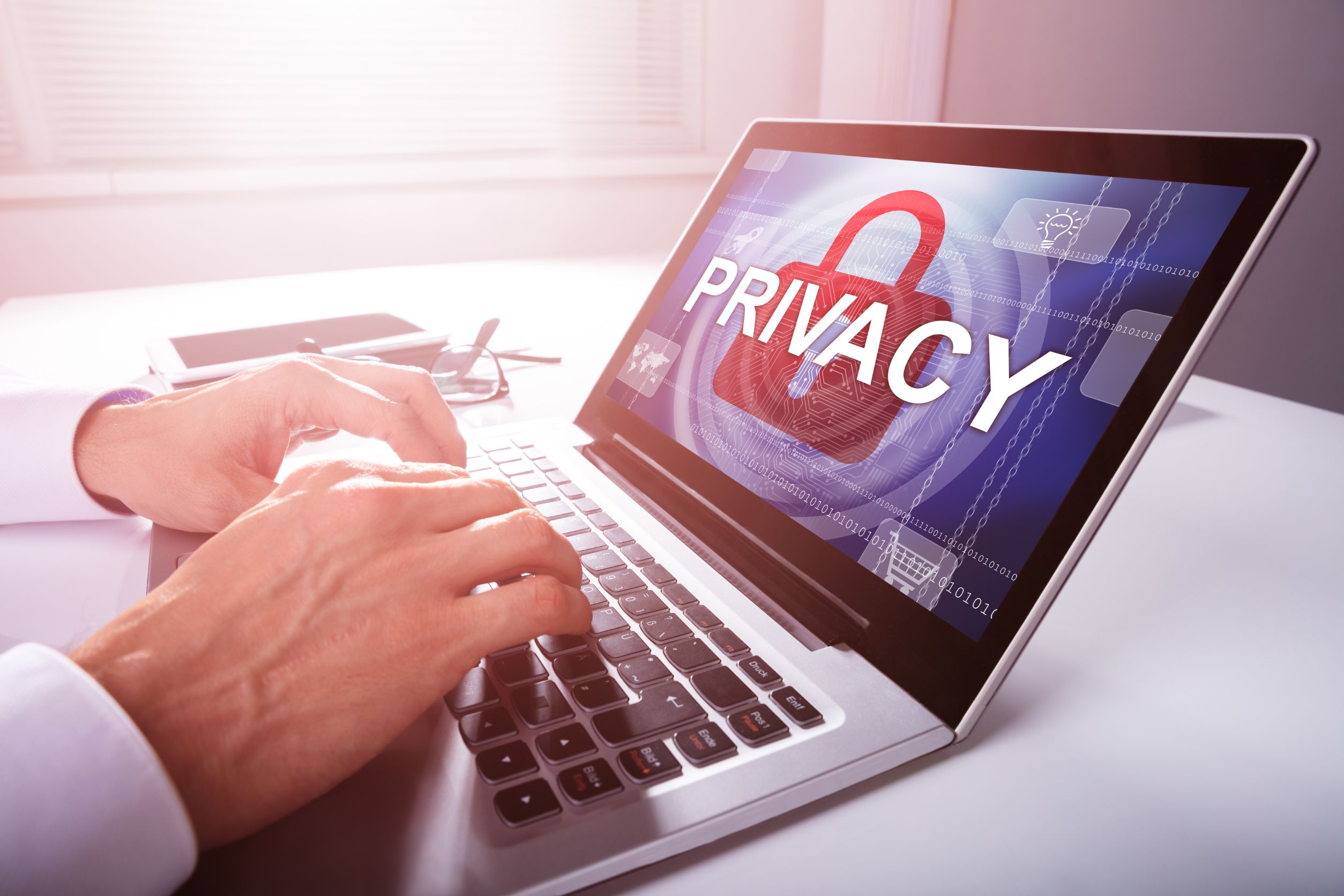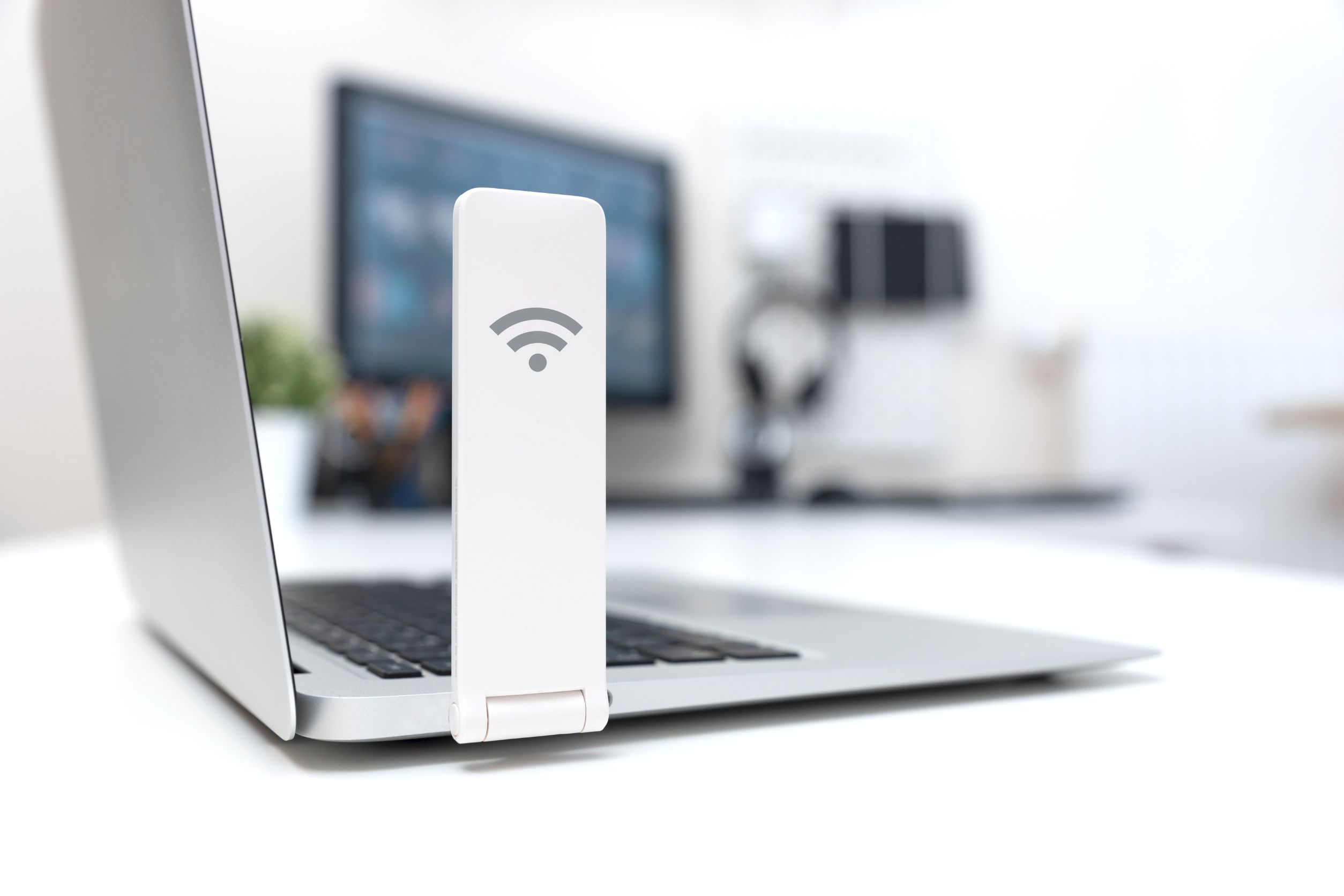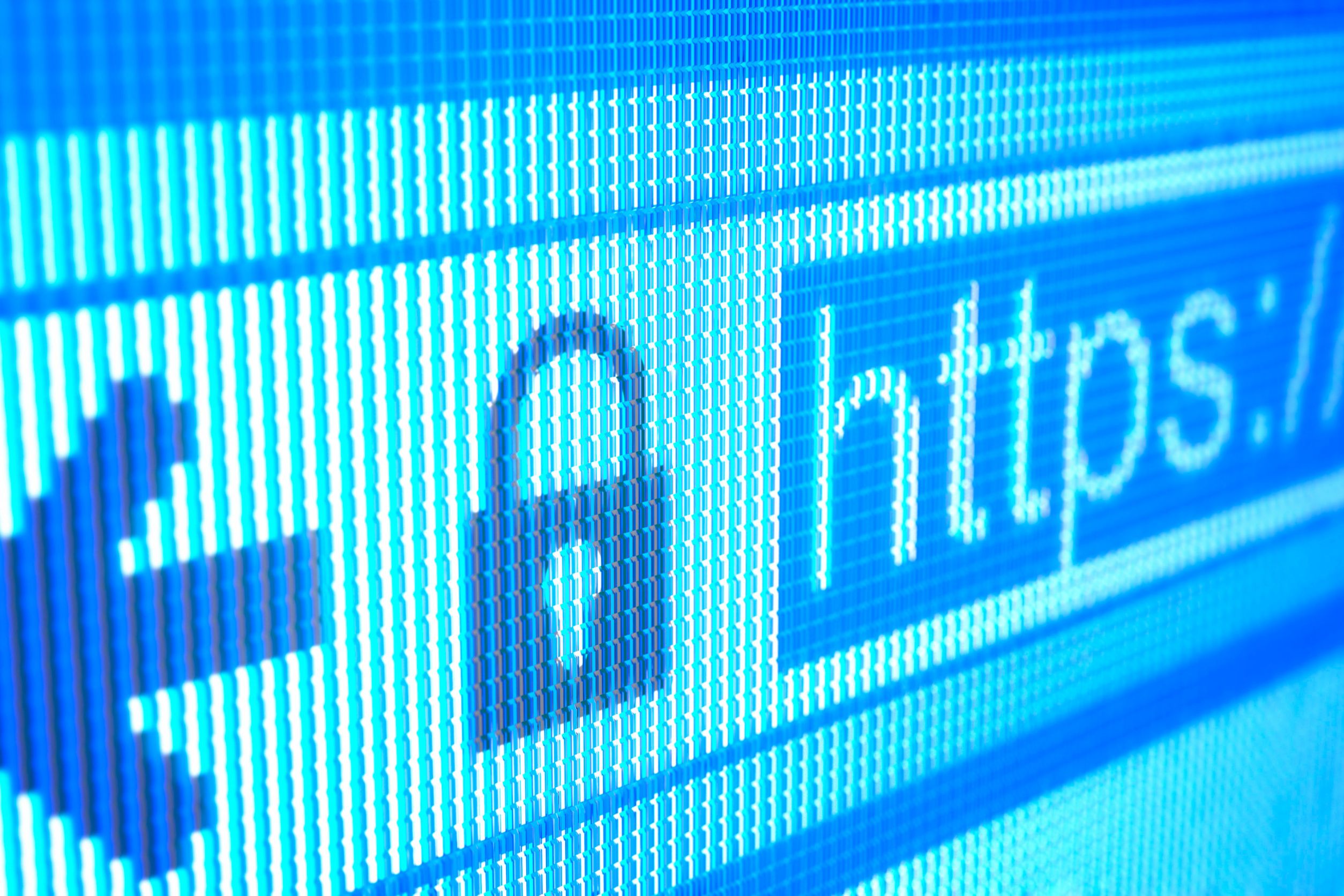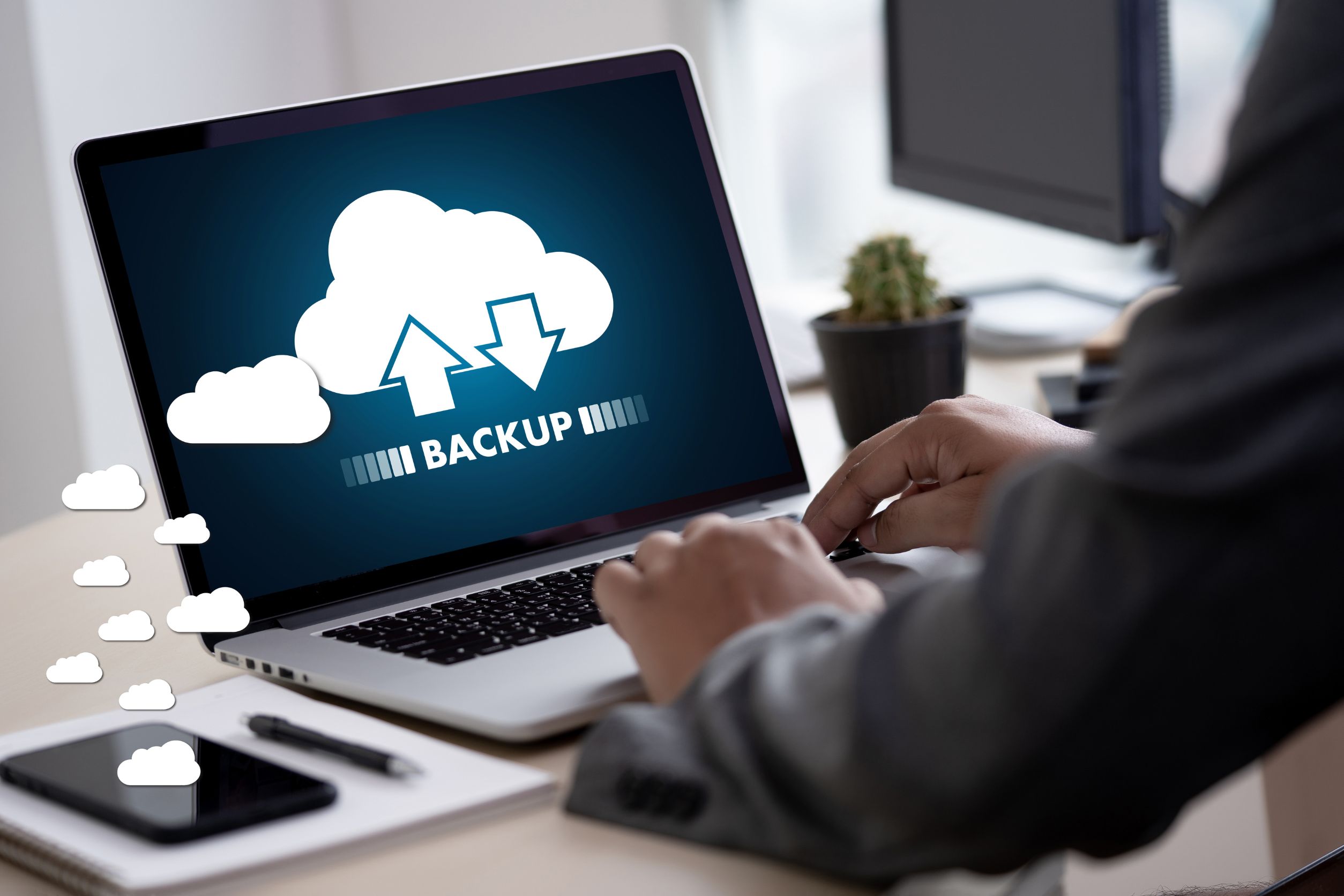
Image Source: pexels.com
Free Wi-Fi is everywhere. You see it in coffee shops, airports, hotels, and even grocery stores. It’s easy to connect and tempting to use, especially when you want to save on your data plan. But there’s a hidden risk. Many of these free Wi-Fi spots are prime targets for identity theft. Hackers love public networks because they’re often unsecured. If you’re not careful, you could hand over your personal information without even knowing it. Here’s why you should care: Identity theft can drain your bank account, ruin your credit, and take years to fix.
1. Coffee Shops
Coffee shops are popular for free Wi-Fi. People go there to work, study, or just relax. But these places are also hotspots for identity theft. The Wi-Fi networks are usually open or have simple passwords. Hackers can sit nearby and use tools to intercept your data. If you log in to your bank or email, someone could steal your login details. Always use a virtual private network (VPN) if you must connect. Avoid checking sensitive accounts on these networks. If you need to use Wi-Fi, ask the staff for the correct network name. Fake networks with similar names are common traps.
2. Airports
Airports are busy and stressful. Free Wi-Fi is a lifesaver when you’re waiting for a flight. But airport Wi-Fi is a goldmine for identity thieves. The networks are open to thousands of travelers every day. Hackers can set up fake Wi-Fi networks that look official. If you connect, they can see everything you do online. Even if you use the real airport Wi-Fi, it’s still risky. Avoid entering passwords or credit card numbers. If you need to check your flight, use your phone’s data instead.
3. Hotels
Hotels offer free Wi-Fi as a perk. But these networks are often unsecured. Many guests use the same password, or there’s no password at all. Hackers can easily join the network and watch your activity. Some even set up fake hotel Wi-Fi networks in the lobby or rooms. If you connect, they can steal your identity or install malware on your device. Never access sensitive accounts on hotel Wi-Fi. If you need to work, use a VPN or your phone’s hotspot. Always double-check the network name with the front desk.
4. Libraries
Libraries are quiet places to read, study, or work. They also offer free Wi-Fi to everyone. But this open access makes them a target for identity theft. Anyone can join the network, including hackers. If you’re using your laptop or phone, your data could be at risk. Avoid logging in to important accounts. If you need to use the library Wi-Fi, stick to browsing or reading. Don’t shop online or check your bank account. Protect your device with strong passwords and updated security software.
5. Fast Food Restaurants
Fast food chains offer free Wi-Fi to attract customers. It’s convenient, but it’s also risky. These networks are usually open and unencrypted. Hackers can sit in the restaurant and watch for people logging in to accounts. If you use Wi-Fi, avoid entering personal information. Don’t check your email or social media. If you must connect, use a VPN. And remember, just because a network has the restaurant’s name doesn’t mean it’s safe. Fake networks are common in busy places.
6. Shopping Malls
Shopping malls are full of free Wi-Fi networks. You might connect while waiting for a friend or checking store hours. But mall Wi-Fi is a favorite for identity thieves. The networks are open, and many people use them at once. Hackers can set up fake networks or use the real ones to steal data. If you shop online or use your credit card, your information could be exposed. Stick to your phone’s data for anything sensitive. If you use mall Wi-Fi, log out of accounts when you’re done.
7. Public Parks
Some cities offer free Wi-Fi in parks. It’s nice to check your email while enjoying the outdoors. But these networks are rarely secure. Anyone nearby can join, including hackers. If you connect, avoid entering passwords or personal details. Use your phone’s data for anything important. If you must use park Wi-Fi, don’t stay connected longer than you need to. Always log out of accounts and disconnect when you’re done.
8. Public Transportation
Buses, trains, and subways now offer free Wi-Fi. It’s helpful for commuters, but it’s also risky. These networks are open to everyone on board. Hackers can use the same network to steal your information. If you check your bank or email, you could become a victim of identity theft. Use your phone’s data for sensitive tasks. If you use public transit Wi-Fi, avoid logging in to important accounts.
Protecting Yourself in a Connected World
Free Wi-Fi is convenient, but it comes with real risks. Identity theft can happen fast and cause lasting damage. Always think before you connect. Use a VPN when possible. Stick to your phone’s data for sensitive tasks. Double-check network names and avoid logging in to important accounts on public Wi-Fi. Update your devices and use strong passwords. These simple steps can help keep your identity safe, no matter where you are.
Have you ever had a close call with identity theft on public Wi-Fi? Share your story or tips in the comments below.
Read More
Vacation Without Breaking the Bank

Travis Campbell is a digital marketer/developer with over 10 years of experience and a writer for over 6 years. He holds a degree in E-commerce and likes to share life advice he’s learned over the years. Travis loves spending time on the golf course or at the gym when he’s not working.


